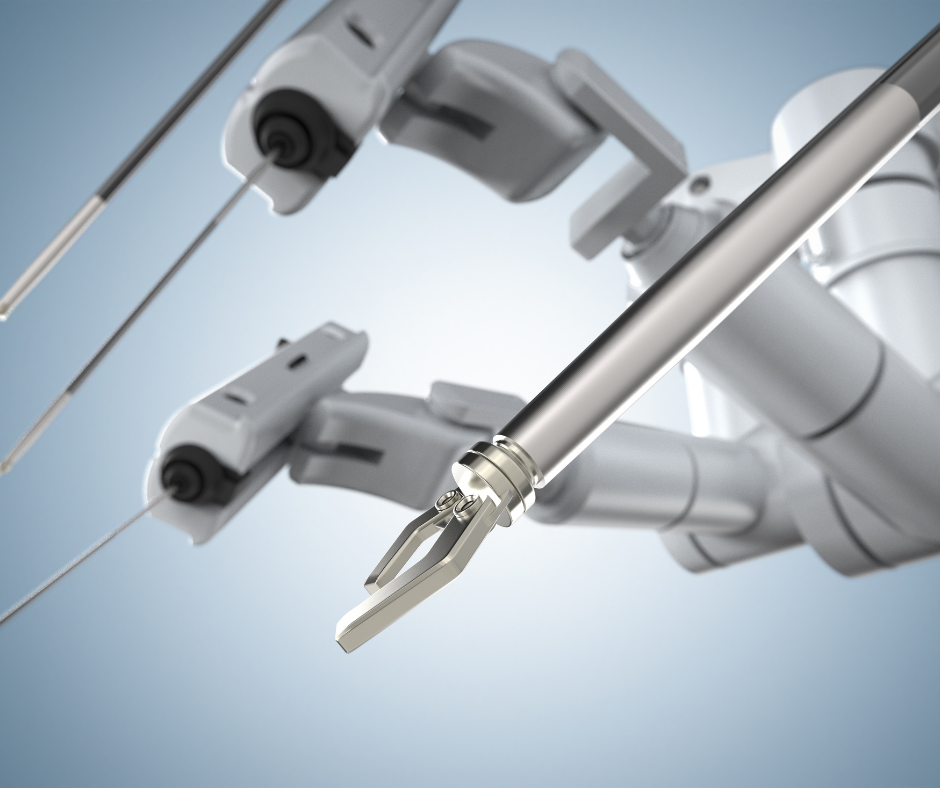- ADDRESS: Fortis Hospital, Mulund (400078)
- CALL US: +91-9892805422
- OPD: MON - Sat: 11:00 AM - 4:00 PM
Menu
Endoscopic Skull Base Surgery: A Less Invasive Option for Complex Conditions

What Is Endoscopic Skull Base Surgery?
Operating near the skull base, which lies beneath the brain and around the nasal and eye areas, requires extreme precision due to the tight space and presence of vital structures. With recent advancements, many of these conditions can now be treated through endoscopic skull base surgery, a modern, minimally invasive approach offering safer outcomes and shorter recovery times. Endoscopic skull base procedures involve inserting a slender, camera-equipped instrument through the nose or a tiny access point to reach the surgical area. This allows surgeons to access deep areas at the base of the brain without needing to make large openings in the skull. The high-definition camera transmits real-time visuals to a monitor, allowing the surgeon to operate with enhanced clarity and control. This technique is especially useful for removing or treating:- ✓ Pituitary tumours
- ✓ Meningiomas
- ✓ Chordomas
- ✓ Cysts or lesions near the brainstem
- ✓ Growths near the eye sockets or nasal cavities
Why Choose a Minimally Invasive Approach?
Endoscopic neurosurgery benefits both the patient and the surgical team by offering:- ✓ No visible scars
- ✓ Tissue preservation
- ✓ Lower risk of infection
- ✓ Better visibility
- ✓ Earlier discharge
- ✓ Smoother healing process
- ✓ Faster return to routine
Who Can Benefit from This Procedure?
This method is particularly suitable for certain types of skull base tumours and growths located near sensitive structures like the brainstem or optic nerves. Benign growths like pituitary adenomas, as well as some malignant tumours, may be treated using this approach. Whether this technique is appropriate depends on the tumour’s characteristics, such as its size and position, as well as the patient’s medical condition. A full assessment, including imaging and clinical evaluation, is necessary before deciding on the best treatment path. That’s why consulting with a skull base specialist in Mumbai is so important.Recovery After Endoscopic Skull Base Surgery
Patients undergoing minimally invasive brain tumour surgery often recover faster than those undergoing traditional open procedures. Here’s what recovery typically involves:- ✓ Less discomfort in the days following surgery
- ✓ Improved nasal function within a few weeks
- ✓ Most patients experience minimal external signs, such as facial puffiness or nasal discolouration, after surgery
- ✓ Regular follow-ups to track healing and manage symptoms, if any
Trusting the Right Hands
As with all neurological procedures, experience and surgical precision are essential for success. Dr. Jayesh Sardhara, a respected endoscopic skull base surgeon in Mumbai, provides advanced care for patients with skull base disorders using modern, minimally invasive techniques that promote faster healing and better outcomes.FAQs
What conditions can be treated with endoscopic skull base surgery? It is commonly used for pituitary tumours, meningiomas, chordomas, and other lesions near the base of the brain, the nasal cavity, or eye sockets. How does endoscopic skull base surgery reduce recovery time? By avoiding large incisions and preserving healthy tissue, the procedure causes less trauma to the body, which speeds up healing and allows patients to resume daily activities sooner.Noticed warning signs like persistent headaches or confusion? Take action now—get the right diagnosis and care plan before complications arise.
Book Now